To wind up 2014, I’m reposting 14 articles I liked from this past season. I’ll put up one each day until January 5, when the new season begins. Today, I remember the most bizarre Grand Slam final in memory 10 years later.
Deux: Death on the Dirt
By May 21, 2014Tennis.com Interview
Jan-Lennard Struff sees Munich title defense bid as 'perfect opportunity' to turn 2025 around
By Apr 14, 2025Stat of the Day
Andrey Rublev storms to 100th ATP 500 win of career with opening victory in Barcelona
By Apr 14, 2025ATP Monte Carlo, Monaco
Monte Carlo takeaways: Alcaraz wins by playing for himself, one-handed backhands hold firm
By Apr 14, 2025Lifestyle
Alexandra Eala: The reality of travel and difficulty of securing visas with a Philippine passport
By Apr 14, 2025Week In Preview
Aryna Sabalenka takes her first crack at Iga Swiatek's clay-court supremacy in Stuttgart
By Apr 14, 2025ATP Challenger Tour
ATP Challenger Tour: History made for Felipe Meligeni Alves
By Apr 14, 2025The Business of Tennis
Carlos Alcaraz surpasses 40 million dollars in career prize money after winning Monte Carlo
By Apr 14, 2025Ranking Reaction
Carlos Alcaraz rises back up to No. 2 on ATP rankings after winning Monte Carlo title
By Apr 14, 2025Weekend Winners
How Carlos Alcaraz put a 'difficult month' behind him with his first Monte Carlo title
By Apr 13, 2025Deux: Death on the Dirt
A look back at Gaudio-Coria, the most bizarre Slam final ever.
Published May 21, 2014
Advertising
Advertising
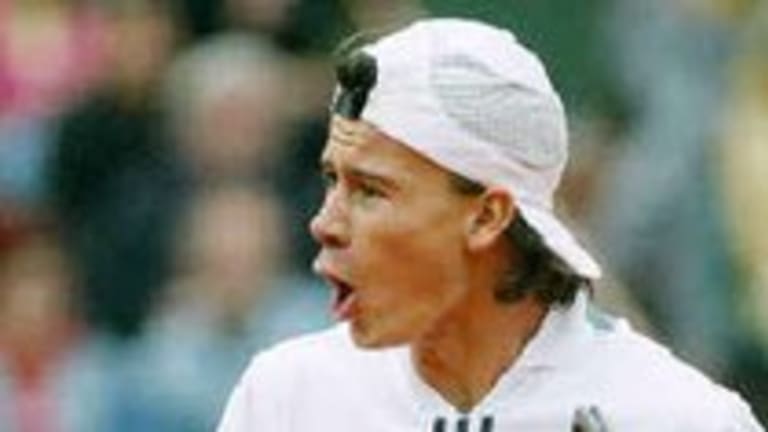
Deux: Death on the Dirt
Advertising
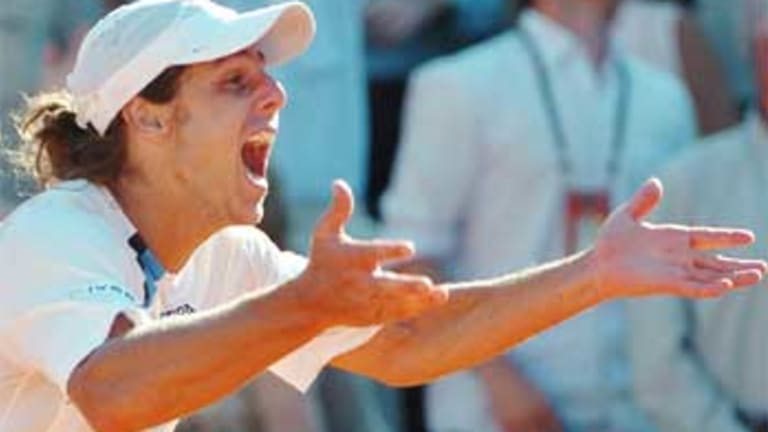
Deux: Death on the Dirt
Advertising
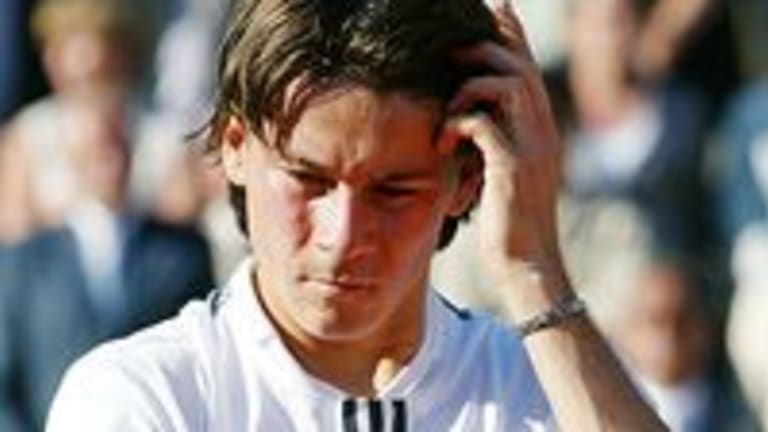
Deux: Death on the Dirt
Advertising
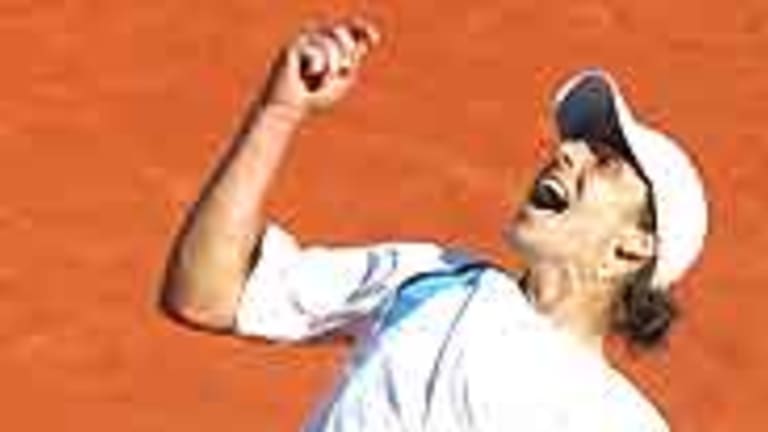
Deux: Death on the Dirt
Advertising
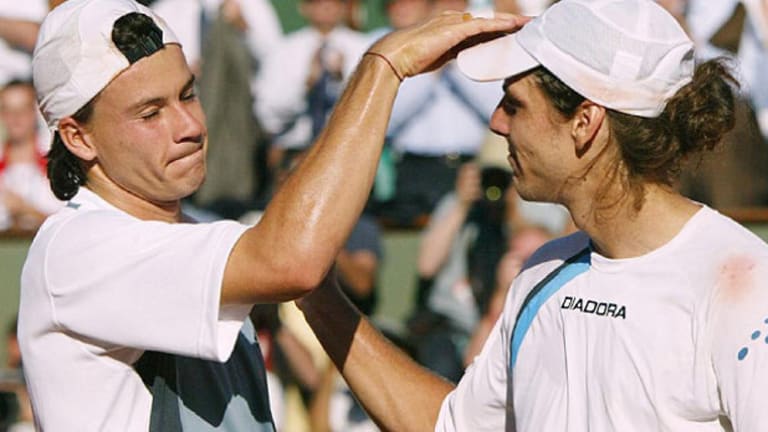
Deux: Death on the Dirt
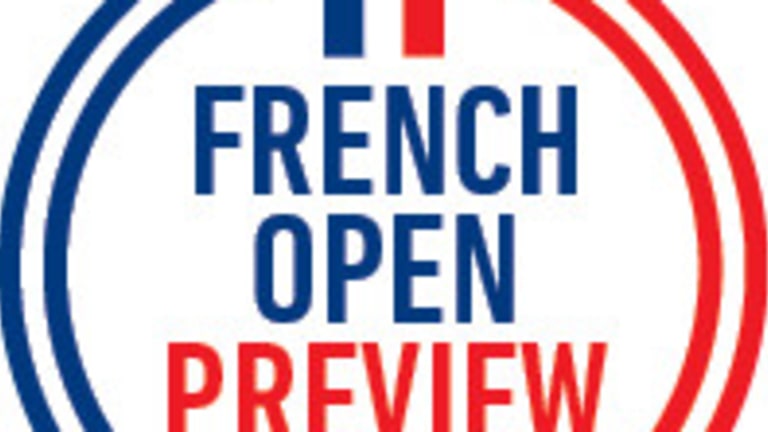
Deux: Death on the Dirt